今月, 観客はスクリーニングすることができます ティピの家 聴衆は学生の心の調整をスクリーニングすることができます. この映画は、Planet Classroom によって Planet Classroom Network のためにキュレーションされました。.
In this charming story, Director Rosie Robinson invites us into ティピの家, a small cafe in the Vietnamese city of Da Nang with a big mission. What seems like a frequently visited cafe for young people turns out to be much more. This cafe is also a hub for community-based English learning, where camaraderie and relationship-building are the foundations of language acquisition.
教育のためのグローバル検索 is pleased to welcome Rosie Robinson.
Rosie, あなたが創作するきっかけになったのは何ですか ティピの家, a film showcasing a unique approach to community-based English learning in a small Vietnamese cafe?
When we first encountered Tipi, an unassuming cafe on an unremarkable side street in Da Nang city, 我々 (the crew) were all struck by the dynamic atmosphere and immediate energy of the place. Due to my background in anthropology and ethnomusicology, I’m fascinated by communities that form around shared interests and passions. As we crossed the threshold of the cafe for the first time, we quickly realized we’d inadvertently stumbled into a certified Da Nang hangout. The cafe was bustling with people from all walks of life; old, young, local, foreign. And on repeated visits we noticed many of the same faces would turn up every day. It was clear that this place meant so much more to the people who came than just a language cafe; it was a second home.
I wanted the film to capture this sense of home that everyone in the community shared, as well as to highlight its history; built from the ground up, by three different generations. このように, I felt naming the film ティピの家 captured the collaboration that was at the heart of the Tipi experience. This film was created with a goal to engage the community through filmmaking and to amplify the story of a grass-roots organization that is creating positive community impact.
Could you share any memorable moments or stories from your time filming at the Tipi Cafe that particularly resonated with you?
When we finished the film, we had the chance to screen it in a local venue in Da Nang. Loads of people from Tipi showed up, which was really nice. There was a real buzz of excitement in the audience every time one of them appeared on screen. Thanh, the founder of Tipi, also showed up. In the film we got the chance to tell his story, of the hardships he endured during the time when Vietnam’s borders were closed and speaking foreign languages was forbidden, and how he overcame these challenges with his vision of helping people through embracing cultural openness. Many of the Tipi community didn’t know who he was before watching the film, and after it had finished, were compelled to introduce themselves and tell him how much Tipi had impacted their lives. It was very touching to have been able to tell Thanh’s story to the people whose lives he had changed, and to see in real time how telling these stories through filmmaking can connect people.
ティピの家 highlights unconventional education methods. How do you believe this film can influence the way people approach language learning and community building? Do you think this style could work for all languages?
Language is such a social phenomenon; it’s how we connect with each other. 自然に, learning language and building community go hand in hand. The same is true for learning nearly anything. I did some research into communities of practice theory when making the film, which is the idea that our learning is strengthened when done collectively. It’s a key aspect of what makes us human and was likely a key factor in our survival as early humans. I hope the story of Tipi can inspire other language educators and learners to nurture these communities within their own practices.
Part of the reason that Tipi is so successful is that it provides a solution to a real, sustained social issue. To the people we spoke to, learning English meant so much more than learning a language; it was a tool for social mobility. As Vietnam’s economy expands into the international sphere, the ability to speak English is often considered the most important skill for any profession, whether that be in science, 政治, 教育, or the arts. Learning English at Tipi provides an opportunity to develop fluency, in a time where young Vietnamese are feeling compelled to join the international conversation, to participate in global cultures and economies.
This requirement does introduce a barrier, しかしながら, as young people without access to quality English language education will face many closed doors. Questions are raised about what the future will look like for this generation, and how this might amplify the divide between rich and poor. Places like Tipi not only offer a hands-on, practical learning environment, but a grassroots, accessible alternative to privately funded mainstream education options.
Can you tell us about the impact you hope your film will have on viewers, and how the Tipi Cafe’s story might inspire similar initiatives elsewhere?
Every day we showed up at Tipi, it was buzzing, full of people really excited to learn together. And the community building wasn’t just secondary to the educational aspects. Learning happens at TiPi because of the connections people make there, and because they feel at home there. I hope that the film inspires viewers to bring this atmosphere into their own networks and communities. It is a message that transcends Vietnam: we all need to learn to overcome the challenge of living in increasingly disconnected, alienating, and urban environments. The story of Tipi cafe stands as testament to the transformative power of community-based education.
Thanks Rosie!
C.M. Rubin with Rosie Robinson
お見逃しなく ティピの家, 現在、Planet Classroom Network でストリーミング配信されています。 この映画は Planet Classroom によってキュレーションされています.

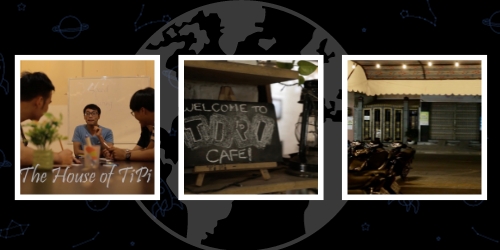
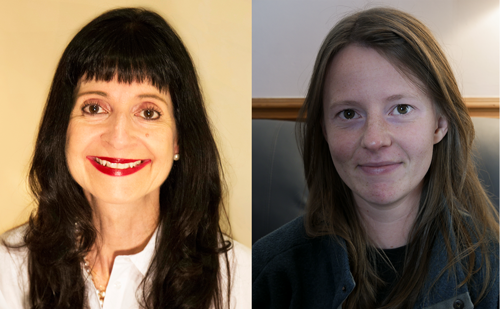
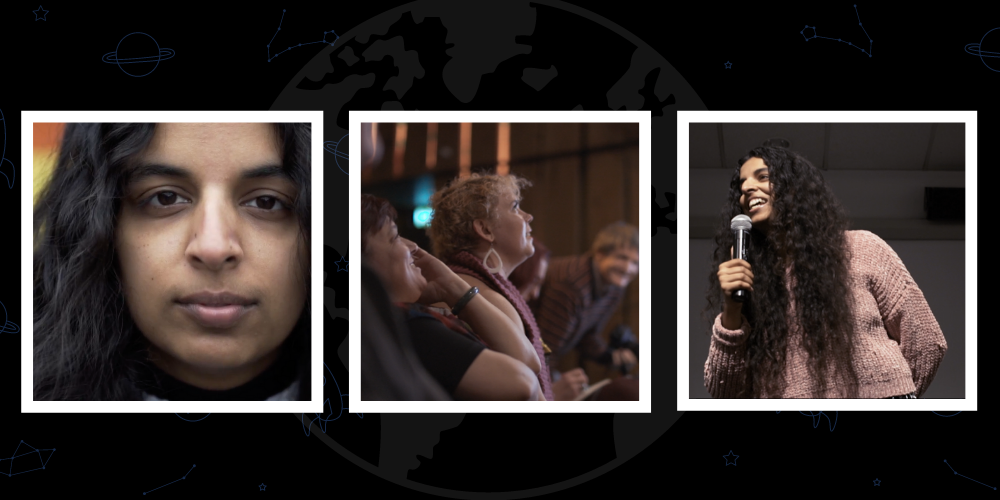

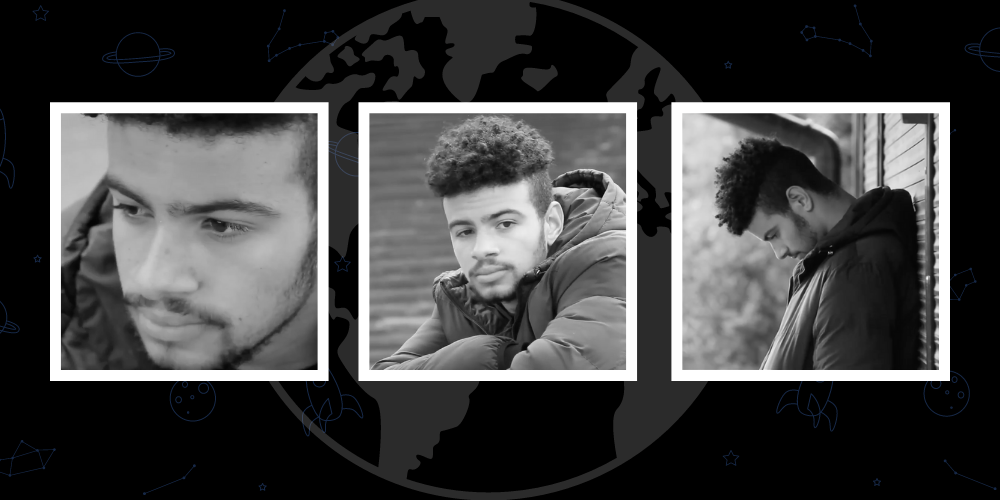
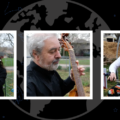
最近のコメント